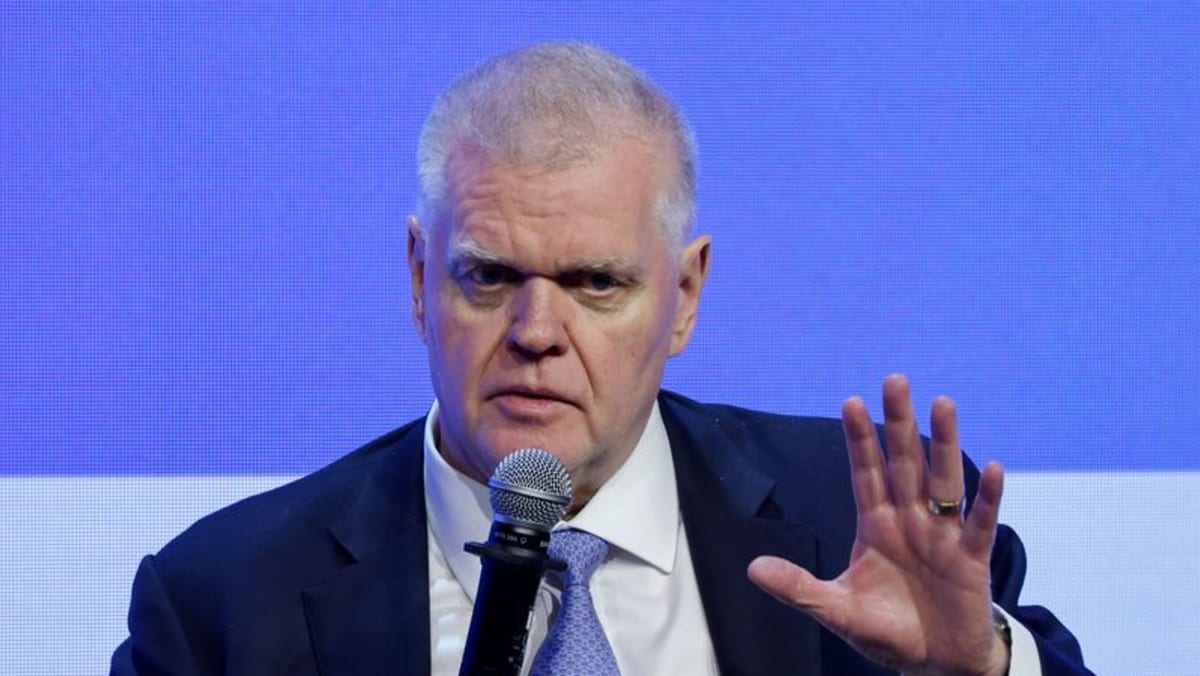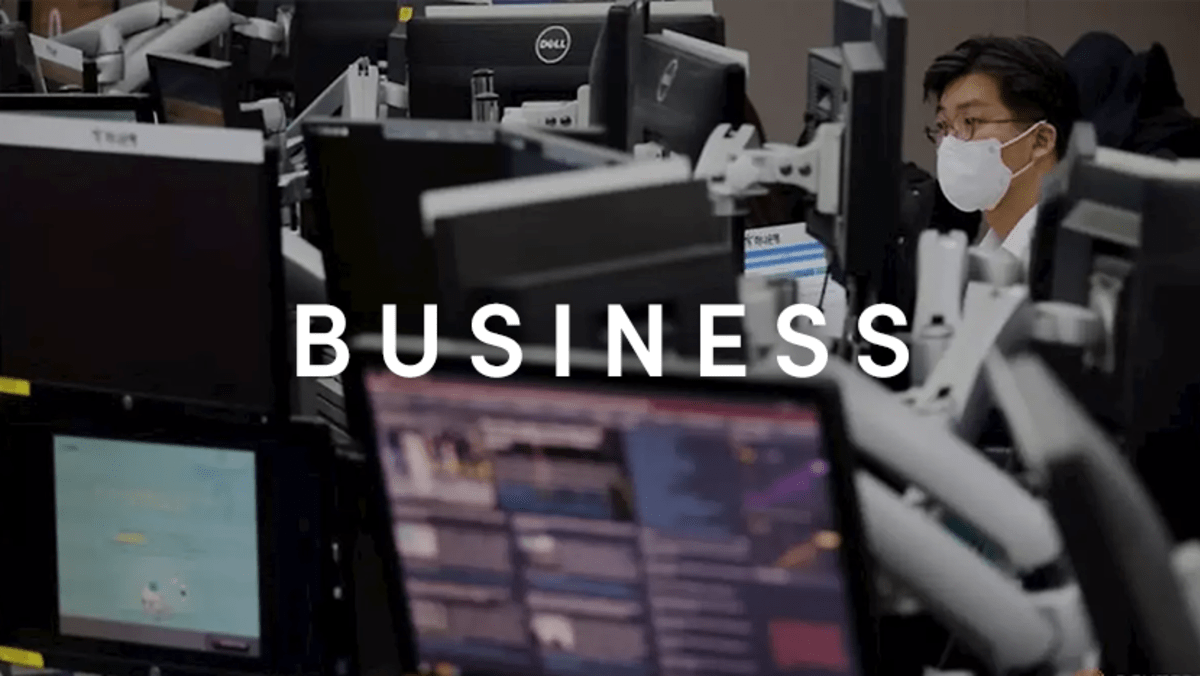Quinn will remain CEO until his successor starts in the role, and has agreed to remain available through to the end of his 12-month notice period expiring on Apr 30, 2025, the bank said.
Some HSBC staff also believe that Nuno Matos, currently the bank’s global head for wealth and personal banking, could replace Quinn, according to a senior HSBC executive with direct knowledge of the bank’s China strategy and business and who was speaking on condition of anonymity.
HSBC Chairman Mark Tucker declined to comment on potential CEO candidates.
NAVIGATING CHALLENGES
Quinn, who joined HSBC in 1987, was named chief executive in March 2020, after serving as an interim CEO following the ouster of his predecessor John Flint who had been in the job for less than two years and had failed to stem a sharp share price decline.
Quinn’s challenges included a regulator-induced suspension of its dividend payouts which enraged many retail shareholders, and pressures on the bank’s business customers as trade and supply chains faltered worldwide.
He also won a major showdown with the bank’s No 1 Asian investor, China’s Ping An Insurance, which ran a multi-year campaign to try and get HSBC to spin off its Asia business, which ended in defeat at the bank’s shareholder meeting last year.
Amid escalating Sino-Western political tensions during Quinn’s tenure, HSBC also faced criticism from lawmakers in the US and Britain who said the bank should have resisted pressure from Beijing to freeze the bank accounts of pro-democracy activists in Hong Kong, among other issues.
HSBC at the time said it was merely complying with local laws.
HSBC reported pretax profit of US$12.7 billion, slightly ahead of forecasts, for the quarter ended March versus US$12.9 billion a year earlier, as it struggled to cope with rising costs from its expansion in Asia. Last year it logged an annual record profit of US$30 billion.
The London-headquartered bank also announced US$3 billion worth of share buybacks on top of US$2 billion in share purchases announced in February.
The bank said it continued to target a return on average tangible equity in the “mid-teens” for 2024, with banking net interest income of at least US$41 billion.













